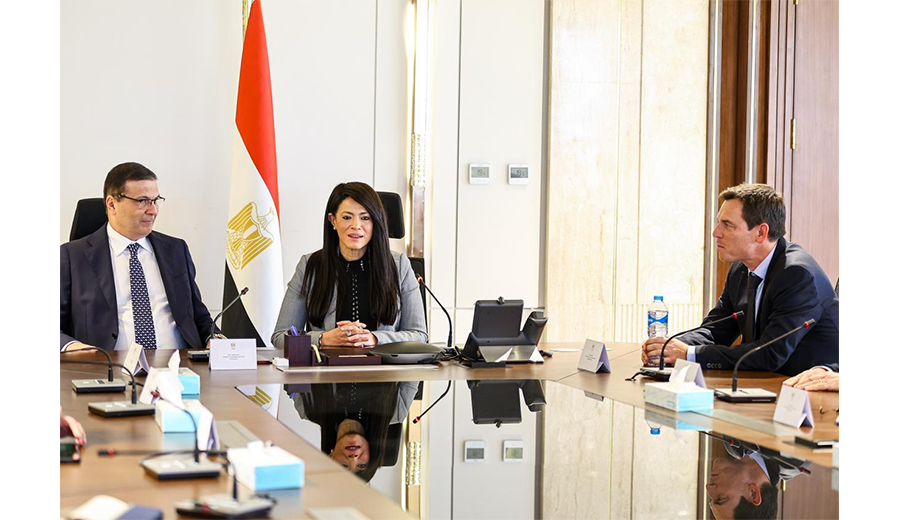Ministry of Planning and Economic Development announces main objectives of Egypt's social development FY 21/2022 plan

21 August 2021
Dr. Hala El-Said, Minister of Planning and Economic Development, announced the main goals in the field of social development, in the fourth and final year plan (21/2022) of the medium-term plan for sustainable development (18/2019 - 21/2022).
Dr. Hala El-Said explained that the FY 21/2022 plan seeks in its directions and priorities to achieve two goals that complement each other, the first of which is a social goal, which is to raise the standard of living of the Egyptian citizen by providing means of health care and comprehensive social protection and providing public services to all citizens without discrimination.
El-Said pointed out that the second goal is the economic goal by revitalizing the Egyptian economy and returning the production wheel to rotation with the maximum possible capacity again.El-Said referred to the main objectives of the plan in the field of social development, which included reducing the population growth rate to about 2% by the end of the plan year, compared to 2.56% in 2017, in addition to the decline in the annual inflation rate for the total of Egypt to 6% in the year of the plan compared to 13.3% in 18/ 2019, and the unemployment rate was reduced to about 7.3% in the year 21/2022, compared to 9.6% in the year 2020/19.El-Said explained the main objectives of the plan in the field of social development, noting that the poverty rate decreased to 28.5% in the year of the plan, compared to about 29.7 percent in 19/2020, and a higher rate of 32.5% in 2018/17, with the expectation of a significant decrease in the poverty rate due to Implementation of the national project for the development of the Egyptian countryside (A Decent Life Initiative), in addition to reducing the illiteracy rate to about 17.5% at the end of the plan year, compared to 25.8% according to the 2017 census, and 18.9% in 2019 according to the results of the annual bulletin of the labor force survey.
El-Said added that the objectives of social development also included reducing economic and social disparities between the various regions of Egypt so that the gap in poverty rates does not exceed (20) percentage points between governorates while increasing the participation of females and youth in the labor force to narrow the gender and age gap in unemployment rates.El-Said referred to the specificity of this year's plan in dealing with development programs and issues that were not previously presented on a large scale and with the desired effect.El-Said noted the priority structural reforms program in the Egyptian economy, which represents the second phase of the national economic and social reform program, in addition to the Egyptian Rural Development Program, an ambitious program that includes all Egyptian villages.El-Said continued the talk about the development programs and issues addressed by the plan, pointing to the issue of the transition to a green economy focusing on environmental improvement initiatives, the issue of gender and women's empowerment, as well as the Egyptian family development plan, and interventions to control population growth and improve the characteristics of the population.El-Said asserted the plan’s keenness to directly and effectively address the existing qualitative gaps and correct the internal imbalances between social groups and between regions and governorates by adopting the strategies of balanced development and inclusive growth, and applying packages of initiatives that would narrow the existing development gaps.









